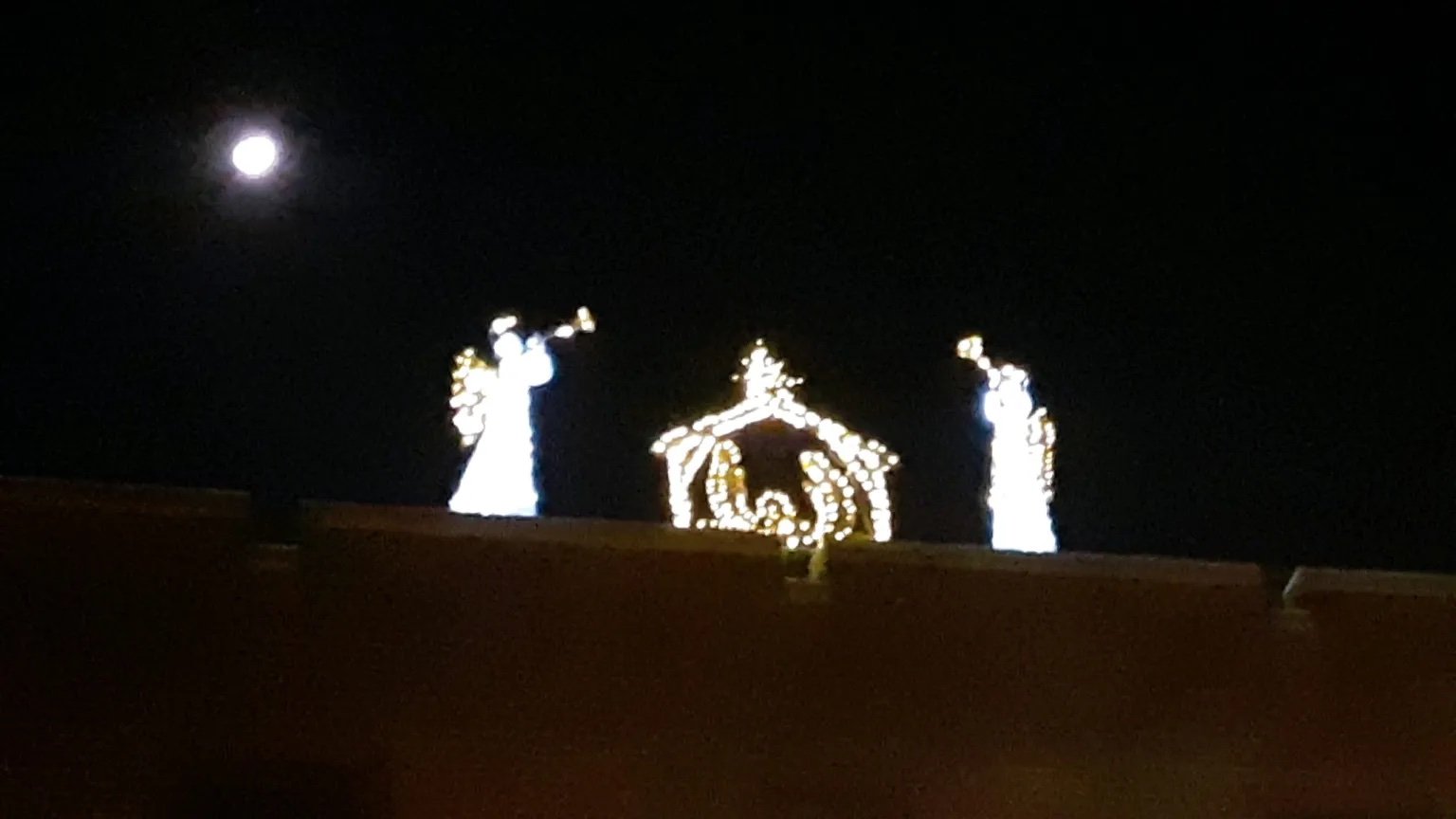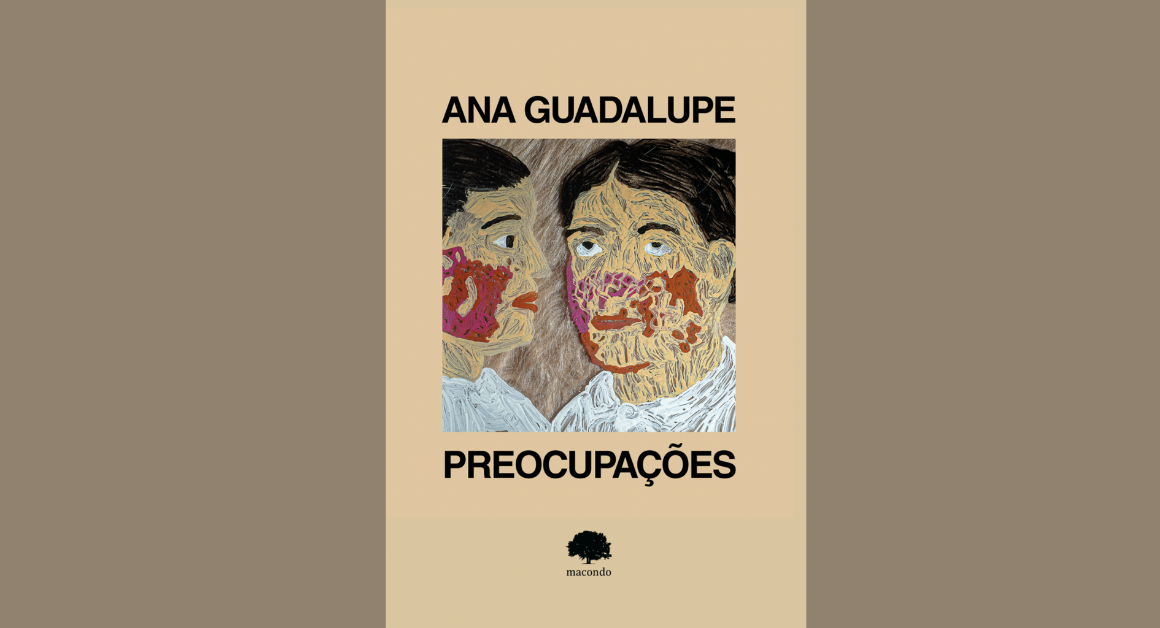60 for 60: Just Yesterday
I’ve never gone swimming in a river (I’m not sure I’ve ever encountered a river considered clean enough to swim in), but I’ll never forget William Blake’s words in “The Chimney Sweeper“: “And wash in a river and shine in the Sun.” I doubt that, in Blake’s lifetime, anyone would have much fancied the Thames as a purificatory bath; but that does not stop the imagination from portraying it thus. I don’t think I can avoid rivers in my poetry, either, whether I’ll ever swim in one or not.
Two Yangzhou Poems
On the stand that collapsed
long before my arrival, I halt
and look to the autumn sun—
60 for 60: Late Morning
Marie Howe’s poem “Late Morning” was published in the Winter 1996-7 issue of Columbia Journal. Spare and uncompromising, the poem meditates upon the moments in which grief finds us, upon the mundane details that harbor such horror: “I remember … crumbs and dishes still / on the table, and a small glass bottle of milk and an open jar of raspberry jam”.
60 for 60: Letter to a Lampshade
Anne Marie Rooney’s poem “Letter to a Lampshade,” published in Columbia Journal in 2012, is about so much more than light and the material that enfolds it. The lampshade—the object—becomes a tool for the narrator’s profound introspection: “If I were like you, round, / apologetic. If I could seal closed and fall / into a bed wearing only light.” If only, if only…
One Poem by K. Iver
I want the impossible. Another
genre. Time for opening shots
of gravel, a small brick house
2022 Columbia Journal Spring Contest
The Columbia Journal is delighted to announce that the 2022 Spring Contest is now officially open for submissions in fiction, nonfiction, poetry, and translation. Our judges this year are Garielle Lutz (fiction), Colleen Kinder (nonfiction), Natasha Rao (poetry), and Aaron Coleman (translation).
Excerpt from the Poem, The Amphibian
I do not know who was singing
Amid beats, strains, and melodies, I was conscious of unrhythmic footfalls
The way Kafka was wary of feet beneath the land of Prague
60 for 60: Music Box
I came to poetry by way of Pablo Neruda, seeking the poets of my continent for guidance when the Europeans and Americans—the Plaths and Rimbauds and Dantes of the world—encouraged dark thoughts in me. Across the cordillera, off the southernmost tip of America, Neruda’s countryman had been going blind and making waves of his own, away from the odes to the body and the waves that drew me in.
60 for 60: The Brazier
Gertrude Stein said that, “One of the things that is a very interesting thing to know is how you are feeling inside you to the words that are coming out to be outside of you.” Poet Donald Revell captures that very feeling—a feeling which became a catalyst for the blazing onset of French Modernism—in his translation of surrealist poet Guillaume Apollinaire’s “Le brasier” in Columbia Journal’s twenty-second issue, from the winter of 1994. I thoroughly enjoy the first two lines of the translation, which Revell ingeniously flipped. “What I adore and transport/ I’ve thrown into the fire” (1-2). Revell makes it more palatable for an English-speaking reader without losing its flair. He does an outstanding job capturing the slant rhymes Apollinaire uses, such as with the rhyme of “testicles” and “vegetables.” At times he gets creative and writes a rhyme where one didn’t exist in the original.
crème pâtissière
it’s true when I tell you
I don’t know what’s good for my health
like wiping my powdered fingers
60 for 60: tRaffiC WiTH MacBeTh
Macbeth, to my mind, is a play that shouldn’t work but does. It’s quite clear that, politically, it served to flatter James I’s ego in the wake of the Gunpowder Plot. So, we would expect it to be propaganda and nothing more. Yet what we get is an unforgettable work of art, alarming in its intensity; Duncan may rest in peace, but the dagger is still in us when we’ve left the theatre.
60 for 60: Snowtown
January can be a rather miserable month: after the excitement of the new year, one is left with the same old grayness. But a poet finds potential newness in every moment; and I find that, speaking of winter, snow can be an excellent excuse for a poem. Consider Wallace Stevens’s “The Snow Man“: one doesn’t forget a thing like that.
60 for 60: The Floodmeadow
The fifty-ninth issue of Columbia Journal featured a poem by English poet Toby Martinez de las Rivas, and, as it so happens, I was given a copy of Rivas’s book Terror as a present at Christmas. In the interest of superstition, I felt I couldn’t not feature his poem; and, jokes aside, I like “The Floodmeadow.”
60 for 60: At the Gate in the Middle of My Life
During the spring/summer of 1983, Columbia Journal published Linda Gregg’s poem “At the Gate in the Middle of My Life” in its eighth issue. An award-winning American poet, Gregg often explored loss, struggle, and nature in her writing. In this poem from our archive, she demonstrates her close inspection of what it means to be at the entrance of one’s midlife or the central period of one’s years.
2021 Spring Contest Runner-Up in Poetry: mama,
knows what it’s like to hold & not
be held mama nancy, who is not my
mama, but is the oldest mama I have
Two Poems by Arthur Rimbaud & Two Poems by Jean-Michel Basquiat
I will, no doubt, tell your story one day:
After all, it is always with us.
A, black, shadows
60 for 60: Recent Black Literature—The Political Dimensions
I recently got around to re-reading Robin Coste Lewis’s genius “Voyage of the Sable Venus.” As a poet interested in erasures and cut-ups, and as a queer Venezuelan immigrant deeply concerned with and invested in the liberation of every marginalized community, I was deeply moved by her project. To use the very language of oppressive art institutions, pamphlets, and works to weave the narrative of Black liberation and conceive of a future for the Black community that was forcibly taken to this country is something I held onto as I looked through Columbia Journal‘s archives, another institution that has regrettably done little in the way of publishing Black voices. I’m honored to work here at a pivotal moment, when the largest strike in the country is taking place on my campus and when the current editorial team at the Journal is making a conscious effort to elevate Black voices.
60 for 60: A Poetic State
I cut onions and squeeze lemons: I behold the spectacle of the world.“A Poetic State” by Czesław Miłosz, translated from Polish to English by the author and Robert Hass, is a wonder to behold. It was published in the eighth issue of Columbia Journal in 1983.
60 for 60: Irish Women Explorers of the Nineteenth Century
Irish poet Eavan Boland passed away on April 27, 2020. She will be remembered for her finely wrought lyric meditations on womanhood, domesticity, and Ireland’s colonial history.
“eyes” and “houses” by Ana Guadalupe, Translated from the Portuguese by Ananda Lima
eyes
as a future blind person
I prefer to engage
with those who also have
blindness ahead of them

















































